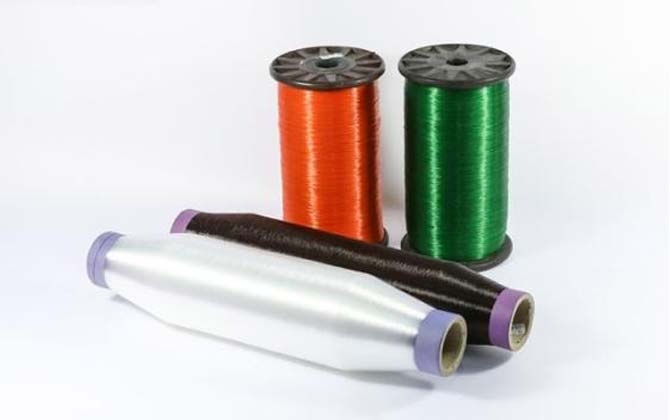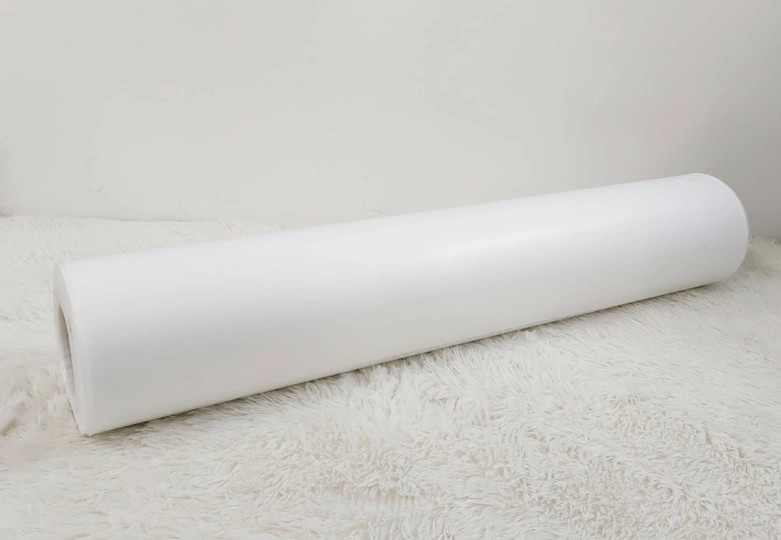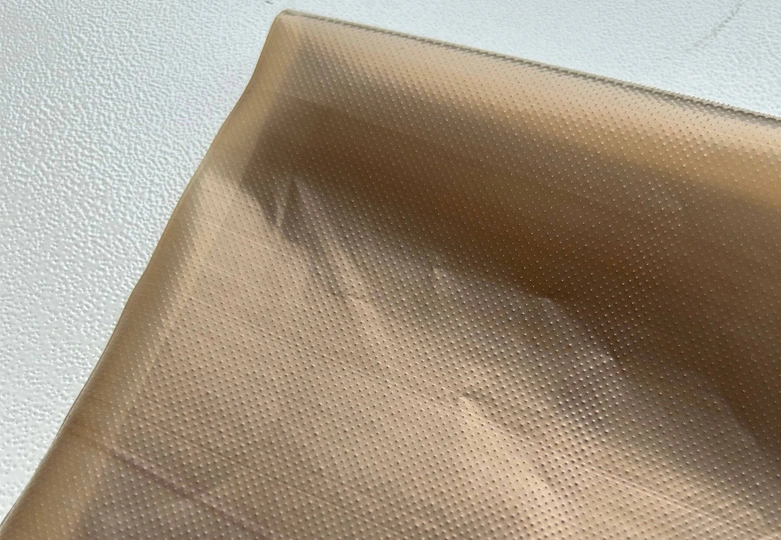


“Roads suffer through a lot. Heavy trucks roll, spin, and brake on them; rain seeps through; and the sun beats down. As a result, they swell, sink, and crack; then the cracks fill up with snow and ice, which widens them even further. Much of that happens because typical roads are made of rock and salt aggregates, which don’t bond well with asphalt and end up disintegrating under all that pressure. But changing up the recipe can help.
In a new study, a team of engineers at Australia’s RMIT University has found that a specific amount of crumb rubber, made from old tires that get ground up into a fine powder, can act as a sunscreen for roads. This both helps the roads to last longer and prevents old tires from being sent to a landfill.
Crumb rubber is already used in many roads, but until now researchers have been testing only how it can protect roads against heat and moisture. This study suggests that UV radiation may have an equally big impact, providing yet another reason to use rubber in asphalt.”
“The benefits are extensive: Rubber can help make asphalt roads less brittle in the winter and stiffer in the summer; it can make them safer by reducing skidding and increasing traction; and it can dampen the sound of highways, negating the need for sound barriers. (Roads around Phoenix have even been touted as ‘quiet roads’ with a decibel level that’s 12% lower than conventional roads.)
Using rubber also gives old tires a new lease on life. Australia produces almost 460,000 tons of waste tires a year, causing ‘mountains of tires’ as Filippo Giustozzi, an associate professor at RMIT and the lead author of the study, calls it. Giustozzi says that Australia recycles 70% of used tires, but 30%—150,000 tons—still end up in the landfill. This is especially true for mining tires, which are larger and harder to recycle because transporting them from remote mining sites can be expensive.”
We Value Your Privacy.
Our website uses cookies to improve your experience. By clicking "Accept All Cookies", you agree to the storing of cookies on your device to enhance site navigation, analyze site usage, and assist in our marketing efforts.
 English
English 日本語
日本語 한국어
한국어 français
français Deutsch
Deutsch Español
Español italiano
italiano русский
русский português
português العربية
العربية tiếng việt
tiếng việt





